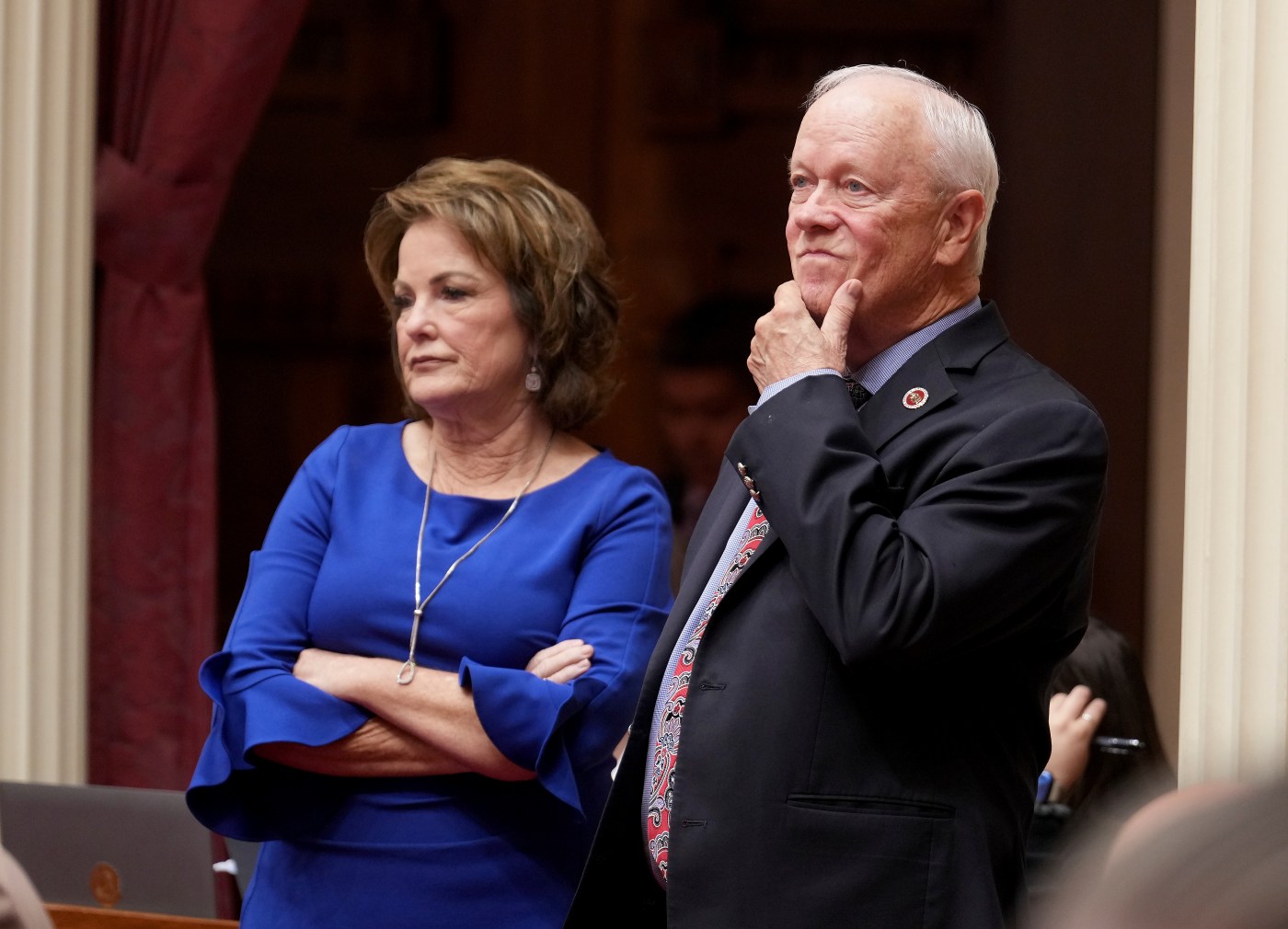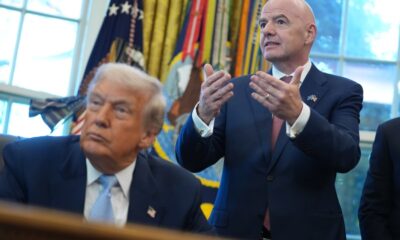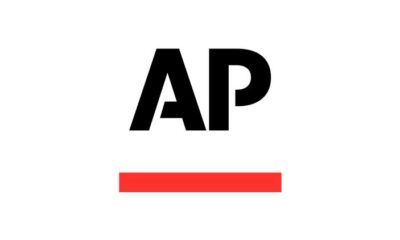Technology
Jerry McNerney Triumphs as EV Lane Privileges Set to End

In a significant turn of events, Jerry McNerney, a state senator from the East Bay, has successfully challenged Governor Gavin Newsom’s proposed $20 billion Delta tunnel project. McNerney’s efforts have led to the shelving of plans to expedite the initiative aimed at improving water transport to Southern California. This victory comes after months of opposition to the project, which has sparked considerable debate over its environmental and economic implications.
At the same time, electric vehicle (EV) drivers in California face a setback. After enjoying the privilege of driving solo in carpool lanes for 24 years, these drivers will lose this benefit effective October 1, 2023. The change follows the decision by President Donald Trump and Republican lawmakers not to renew federal regulations that previously allowed EV owners to access these lanes without passengers.
McNerney’s Victory Against the Delta Tunnel
McNerney’s campaign against the Delta tunnel project has been characterized by his focus on environmental sustainability and the potential negative impacts of such infrastructure on local ecosystems. The project, which aimed to facilitate the movement of water from Northern to Southern California, faced criticism for its high financial cost and environmental risks. With Newsom’s decision to pause the project, McNerney and his supporters view this as a crucial win for local communities and environmental advocates.
In a statement, McNerney expressed gratitude towards his constituents for their support throughout the contentious process. He emphasized the importance of prioritizing community needs and environmental protection over expansive infrastructure projects that may not serve the public interest.
Impact on Electric Vehicle Drivers
As McNerney celebrates his recent success, electric vehicle owners in California must prepare for the end of a long-standing privilege. The decision to revoke solo carpool lane access for EV drivers has raised concerns among many who rely on this benefit to reduce commute times. Advocates for EVs argue that this change undermines incentives for purchasing electric vehicles and may discourage future investments in clean transportation.
The decision takes effect as part of broader federal changes impacting transportation policies. Critics of the new regulation argue that it sends a discouraging message to those considering EV ownership. Many feel that such policies should continue to support the transition to sustainable energy sources in light of ongoing climate challenges.
In another development, Dr. Erica Pan, California’s State Public Health Officer, announced a new initiative to revise the state’s COVID-19 vaccine rules. Instead of relying on guidance from the Centers for Disease Control and Prevention (CDC), which has faced criticism for its perceived alignment with vaccine skepticism under the previous administration, new protocols will draw from trusted medical groups. This shift aims to enhance public health efforts while addressing widespread confusion surrounding vaccine policies.
While these changes unfold, residents and stakeholders in California remain engaged in discussions about the future of both environmental policy and public health regulations. With McNerney’s victory and the impending changes for EV drivers, the state continues to navigate complex challenges that impact its diverse population.
-

 Technology5 months ago
Technology5 months agoDiscover the Top 10 Calorie Counting Apps of 2025
-

 Health3 months ago
Health3 months agoBella Hadid Shares Health Update After Treatment for Lyme Disease
-

 Health3 months ago
Health3 months agoErin Bates Shares Recovery Update Following Sepsis Complications
-

 Technology4 months ago
Technology4 months agoDiscover How to Reverse Image Search Using ChatGPT Effortlessly
-

 Technology1 month ago
Technology1 month agoDiscover 2025’s Top GPUs for Exceptional 4K Gaming Performance
-

 Technology3 months ago
Technology3 months agoElectric Moto Influencer Surronster Arrested in Tijuana
-

 Technology5 months ago
Technology5 months agoMeta Initiates $60B AI Data Center Expansion, Starting in Ohio
-

 Technology5 months ago
Technology5 months agoRecovering a Suspended TikTok Account: A Step-by-Step Guide
-

 Health4 months ago
Health4 months agoTested: Rab Firewall Mountain Jacket Survives Harsh Conditions
-

 Lifestyle5 months ago
Lifestyle5 months agoBelton Family Reunites After Daughter Survives Hill Country Floods
-

 Health3 months ago
Health3 months agoAnalysts Project Stronger Growth for Apple’s iPhone 17 Lineup
-

 Technology4 months ago
Technology4 months agoHarmonic Launches AI Chatbot App to Transform Mathematical Reasoning





















